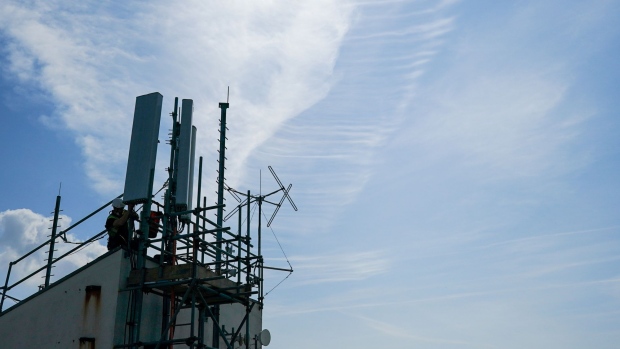Jun 18, 2021
FCC Can Block Subsidized Purchases of Huawei’s 5G Technology
, Bloomberg News

(Bloomberg) -- Huawei Technologies Co. can’t subsidize the sale of its 5G telecom technology with federal funds earmarked for U.S. broadband development because the Federal Communications Commission properly determined the company is a national security threat, a U.S. appeals court ruled.
Huawei sued to overturn a 2019 FCC order barring the use of taxpayer funds to subsidize purchases from the Chinese company on concerns its equipment and network are vulnerable to hackers and too closely tied to Chinese military intelligence.
The company claimed the FCC overstepped its authority, intruded on the president’s right to make national securitydeterminations, and skipped required steps in the federal decision-making process.
Huawei said the FCC’s order stigmatized the company and drove away customers fearful of investing in 5G technology opposed by the Trump administration. However, the FCC’s order came after similarly negative national security assessments were made by the U.K., Japan, Australia and New Zealand.
The agency argued it had properly evaluated congressional and Justice Department evidence to determine that Huawei’s lower costs were outweighed by national security concerns.
A three-judge federal appeals panel -- including two judges appointed by former President Donald Trump -- agreed with the FCC. Trump repeatedly railed against Chinese threats to the U.S. economy and national security during his re-election campaign.
During oral arguments, the appellate judges grilled Huawei on its refusal to eliminate technological backdoors that could let China spy on American conversations and data transmissions. The judges also quizzed the FCC’s lawyer on whether the agency had improperly acted as a “mini State Department” in making its own initial national security determination.
The case is Huawei Technologies USA Inc. v. FCC, 19-60896, U.S. Court of Appeals for the Fifth Circuit (New Orleans).
©2021 Bloomberg L.P.





